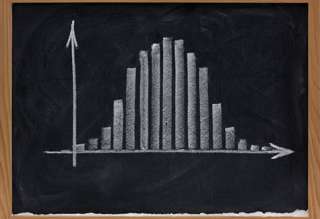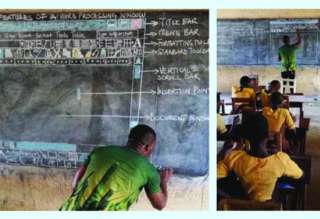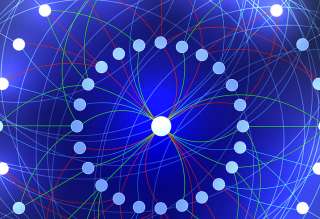SPS Feed
Top Reasons to Join SPS Today!
1. IEEE Signal Processing Magazine
2. Signal Processing Digital Library*
3. Inside Signal Processing Newsletter
4. SPS Resource Center
5. Career advancement & recognition
6. Discounts on conferences and publications
7. Professional networking
8. Communities for students, young professionals, and women
9. Volunteer opportunities
10. Coming soon! PDH/CEU credits
Click here to learn more.
The Latest News, Articles, and Events in Signal Processing
Many of us marveled in awe in March 2018 at the sight of the Ghana teacher who, using colored chalk, drew on his blackboard a snapshot of how an open window of the Microsoft Word software would look like on the screen of a computer...
This is an age of mobility. Phones, tablets, notebook computers, smart watches, and various other devices now supply people around the world with instant communication capabilities that were only dreamed of a generation ago. Mobility technologies are also transforming medicine, helping to improve the quality of care for people at all stages of life, giving both patients and healthcare providers deeper...
The success of artificial neural networks (ANNs) in carrying out various specialized cognitive tasks has brought renewed efforts to apply machine learning (ML) tools for economic, commercial, and societal aims, while also raising expectations regarding the advent of an artificial “general intelligence” [1]–[2][3]. Recent highly publicized examples of ML breakthroughs include the ANN-based algorithm AlphaGo...
The success of artificial neural networks (ANNs) in carrying out various specialized cognitive tasks has brought renewed efforts to apply machine learning (ML) tools for economic, commercial, and societal aims, while also raising expectations regarding the advent of an artificial “general intelligence” [1]–[2][3]. Recent highly publicized examples of ML breakthroughs include the ANN-based algorithm AlphaGo...
In my September editorial [1], I outlined the important components of good feature articles in response to feedback from our recent IEEE Periodicals Review and Advisory Committee (PRAC) meeting. In this issue's editorial, I discuss the process of organizing a special issue (SI) for IEEE Signal Processing Magazine (SPM).
In this paper, we consider the problem of bandwidth-constrained distributed estimation of a Gaussian vector with linear observation model. Each sensor makes a scalar noisy observation of the unknown vector, employs a multi-bit scalar quantizer to quantize its observation, and maps it to a digitally modulated symbol.
Distributed machine learning algorithms enable learning of models from datasets that are distributed over a network without gathering the data at a centralized location. While efficient distributed algorithms have been developed under the assumption of faultless networks, failures that can render these algorithms nonfunctional occur frequently in the real world.
In this paper, a multi-hypothesis distributed detection technique with non-identical local detectors is investigated. Here, for a global event, some of the sensors/detectors can observe the whole set of hypotheses, whereas the remaining sensors can either see only some aspects of the global event or infer more than one hypothesis as a single hypothesis.
Generating images via a generative adversarial network (GAN) has attracted much attention recently. However, most of the existing GAN-based methods can only produce low-resolution images of limited quality. Directly generating high-resolution images using GANs is nontrivial, and often produces problematic images with incomplete objects.
The scalable video coding extensions of the High Efficient Video Coding (HEVC) standard (SHVC) have adopted a new quadtree-structured coding unit (CU). The SHVC test model (SHM) needs to test seven intermode sizes and one intramode size at depth levels of “0,” “1,” “2,” and four intermode sizes and two intramode sizes at a depth level of “3” for interframe CUs.
Using deep convolutional neural networks (CNN) to predict the depth from a single image has received considerable attention in recent years due to its impressive performance. However, existing methods process each single image independently without leveraging the multiview information of video sequences in practical scenarios.
Pages
SPS Social Media
- IEEE SPS Facebook Page https://www.facebook.com/ieeeSPS
- IEEE SPS X Page https://x.com/IEEEsps
- IEEE SPS Instagram Page https://www.instagram.com/ieeesps/?hl=en
- IEEE SPS LinkedIn Page https://www.linkedin.com/company/ieeesps/
- IEEE SPS YouTube Channel https://www.youtube.com/ieeeSPS



















